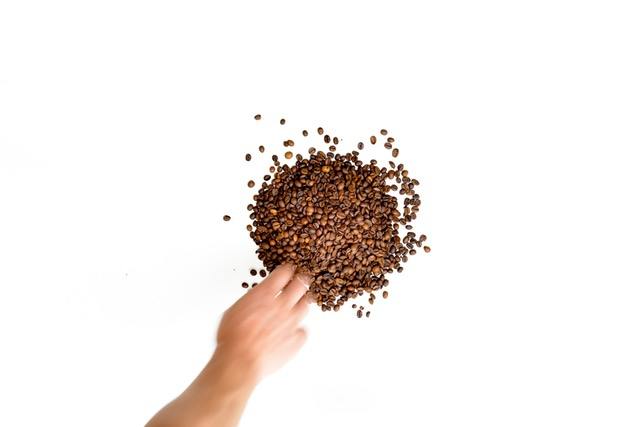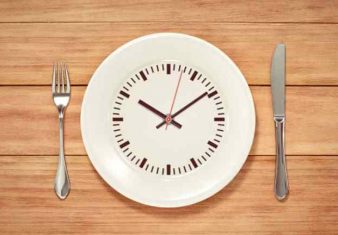Coffee And Weight Loss Explained
Waking up to freshly brewed cup of coffee, steaming off at the kitchen counter, filling your heart and your apartment with its rich aroma to start the day is invigorating.
Just the sight of it vitalizes and enlivens you, preparing you to take down the mocking blues of adult life single-handedly.
With every passing day, coffee addicts rejoice on finding a new research that emerges with proven evidence of the perks that consumption of coffee has to offer. A “cup of Joe” has been linked to increasing bowel movements leading to better digestive health, protecting against liver cirrhosis, Parkinson’s disease, Alzheimer’s disease, reducing muscle pain and also assisting in weight loss. Or does it? Does coffee increase weight gain?
New research that was conducted on a group of mice showed that mice that consumed a fat based diet containing high levels of Chlorogenic Acid (a component of coffee) showed unexpected results. Due to this particular diet, these mice accumulated fat in large amounts and their resistance to insulin increased as well!
Increased insulin resistance further complicates health and weight problems. When the cells fail to recognize insulin hormone, instead of getting oxidized, the glucose levels begin to climb in the blood. This excessive glucose leads to Type 2 diabetes. Another possible outcome of this insulin resistance can be the conversion of excessive glucose to fatty deposits. These fat deposits are then stored in the adipose tissues.
How Does Coffee Increase Weight Gain?
Due to previous researches that suggested drinking coffee might help in losing weight, overweight consumers started consuming 4 – 5 cups of coffee in a single day! This marked increase in coffee intake, specifically before work out sessions increases energy and does allow fat oxidation. However, too much coffee can increase your appetite to over indulge in carb full and fatty foods.
Over consumption of coffee can also lead to sleepless nights. Not having enough sleep can trigger the production of the stress hormone, Cortisol. Cortisol is known to interfere with metabolic activities, further intensifying sugar cravings. These increased munching sessions are enough to further one’s calorie intake, leading to increased weight gain.
If you like to enjoy your coffee with a dole of cream and sugar, then you further increase your risk of weight gain by drinking coffee. The cream is rich in carbs and fats, elevating your calorie intake count. The body responds by accumulating this excessive amount of sugar, into adipose tissue in a fatty layer beneath the skin.
Another way in which over-consumption of coffee contributes to obesity is the development of high levels of cholesterol in the body. Excessive coffee intake increases LDL (bad Cholesterol), resulting in heart diseases and becoming over weight.
Coffee is a great stimulant to start your day with, but drinking coffee can increase weigh gain. If you are looking to reduce your body weight, then replacing coffee with other detoxifying drinks might do the job for you.
• You can opt for cream and sugar-free black coffee, but only limit its consumption to 1 -2 cups a day.
• Drink skimmed milk!
• Try out a lemon and honey detoxifying water. Squeeze half a lemon into a glass of luke warm water. Add honey to sweeten it.
• Try juice cleanse! Juice some green vegetables along with apples, carrots or even beetroot, and drink it two to three times in a week. The bulky fiber in vegetables is enough to satiate your hunger pangs and in preventing food cravings. Don’t have time to make these juices? Try natural science supplements such as Turmeric with BioPine that reaps of health benefits such as enhanced focus, increased fat burning, reduce signs of aging, and relieving joint pain.
Does coffee increase weight gain?
Yes, it probably does, but coffee should be consumed in fewer amounts, limiting its intake to 1 or 2  cups in a single day. Going overboard with caffeine might seem to be a good option, but will only harm your body in the long run!
cups in a single day. Going overboard with caffeine might seem to be a good option, but will only harm your body in the long run!







